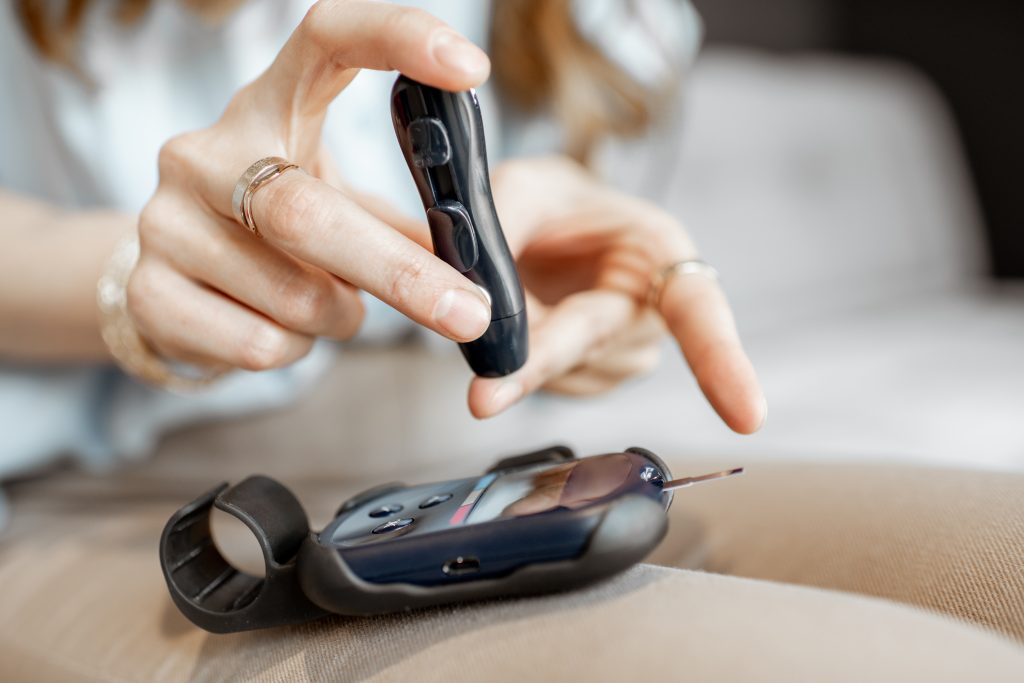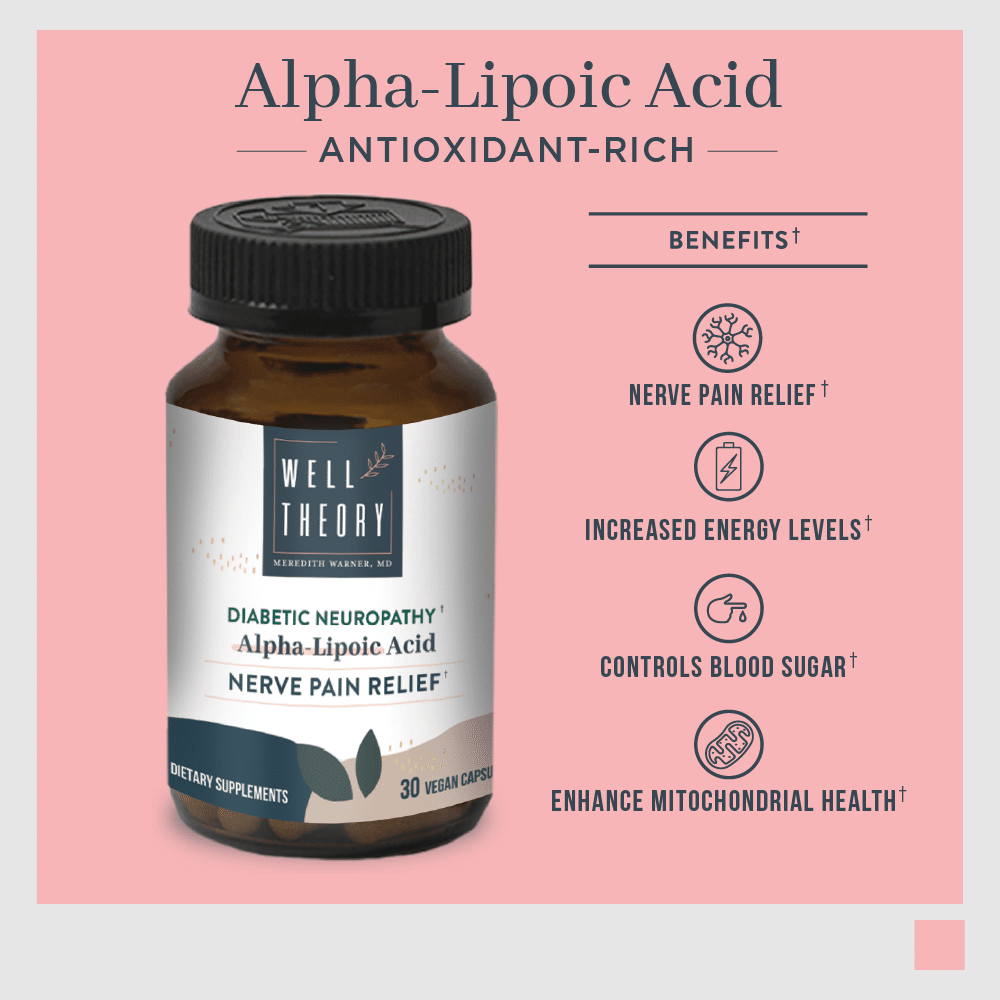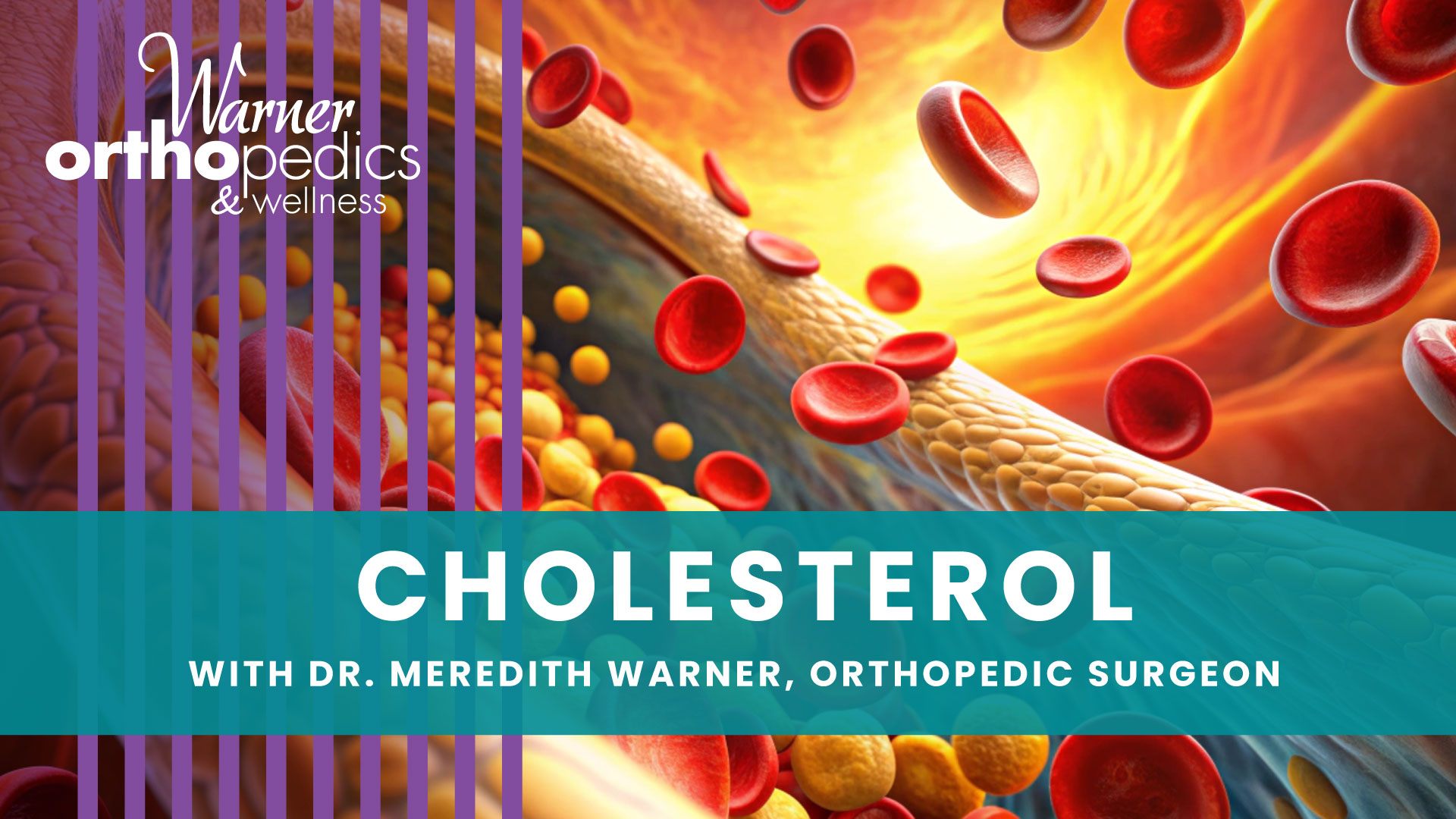The Difference Between Type 1 And Type 2 Diabetes

Most people know that there are two different types of diabetes. But do you know why there are two types and what the difference is between type-1 and type-2 diabetes?
(There is actually now a ‘type-3’ diabetes. This is the insulin resistance that happens in the brain and leads to Alzheimer’s disease; however, we are not discussing this today.)
TYPE-1 DIABETES
Type-1 diabetes is most commonly a genetic disorder that usually presents itself early in life. Some people may develop type-1 diabetes due to environmental factors or viruses. The exact cause of type-1 diabetes is not quite known; however, it is thought that it is an autoimmune reaction where the pancreas is attacked making it very hard for insulin to be produced if at all.
The beta cells of the pancreas make the hormone called insulin. This is typically made on demand based on signals from the gut and brain. The beta cells enter a high ATP (high energy production ) state when there is a lot of glucose around. This triggers a series of events whereby the insulin in the cell is released. This is called glucose-stimulated-insulin-secretion (GSIS). Signals from the gut also stimulate beta cells to produce insulin. When the beta cells fail, no more insulin is produced.
Since the body is not able to produce insulin, type-1 diabetics must take insulin. Insulin can be taken through regular injection or a wearable insulin pump.
TYPE-2 DIABETES
Type-2 diabetes is more common than type-1 in America. It is caused by insulin resistance which can be due to certain lifestyle choices (poor diet and lack of exercise), environmental stressors, or abnormal genetics. Insulin resistance is the body’s lack of ability to utilize insulin in the process of delivering glucose into the body’s cells to transform it into useful energy.
Type-2 diabetics usually do not require additional insulin at first. Most type-2 diabetics are able to manage their condition through medications that help increase insulin sensitivity and reduce blood glucose levels such as Metformin. If not controlled however, Type-2 diabetics generally reach a stage whereby they require insulin as well.
HOW TYPE-1 AND TYPE-2 ARE SIMILAR
For both type-1 and type-2 diabetes, they must keep a close eye on their blood glucose levels and what levels are considered healthy and normal.
Both forms of diabetes, when unmanaged, can lead to long-term complications due to the increased blood glucose levels, which include:
- Neuropathy (nerve damage)
- Retinopathy (eye damage)
- Nephropathy (kidney damage)
- Cardiovascular complications (heart attack, stroke, etc)
- Advanced and rapid aging
DR. WARNER’S SUPPLEMENT RECOMMENDATIONS FOR DIABETES
Alpha-Lipoic Acid
Increased blood glucose levels can affect a range of different areas of the body including peripheral neuropathy in the hands and feet. Peripheral neuropathy is especially harmful to diabetics as wounds heal slower. Peripheral neuropathy and slow wound healing are a serious combination that can lead to very serious health problems if left unnoticed and untreated. Neuropathy might be very painful as well. ALA promotes healthy nerve function as well as increases insulin sensitivity.
Berberine
Berberine mimics the actions of the lilac-derived diabetic drug Metformin in its ability to increase insulin sensitivity and lower blood glucose levels in individuals with type-2 diabetes. One study compared the effectiveness of Metformin and berberine. They found the berberine was as good as if not better than Metformin in type-2 diabetics. Both berberine and Metformin are considered longevity molecules.






